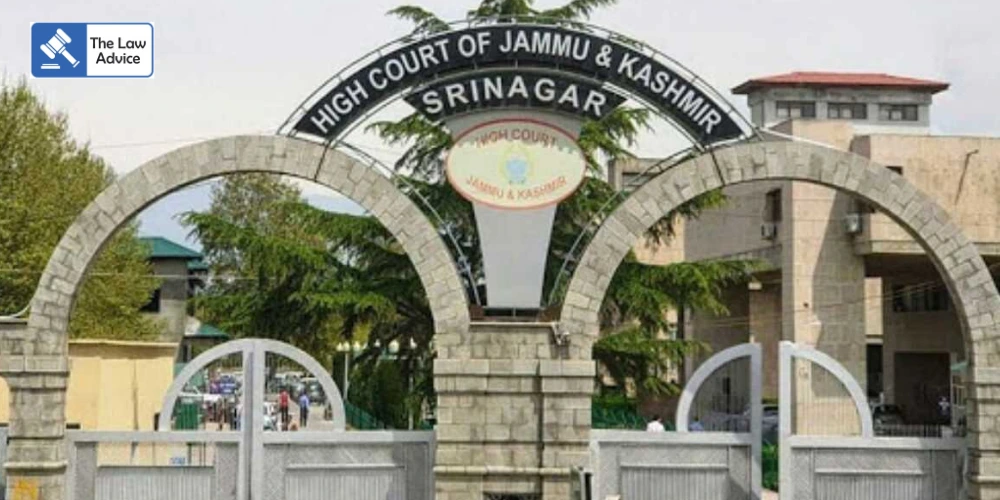
The High Court of Jammu & Kashmir and Ladakh has reiterated that the power to reject a plaint under Order VII Rule 11 of the Code of Civil Procedure is not a default tool in civil litigation but an extraordinary step that courts should use sparingly, and only when the plaint itself contains defects warranting such rejection.
Justice Rahul Bharti, emphasising the careful judicial scrutiny required at this stage, remarked that rejecting a plaint is a deviation from the usual process of adjudicating a civil suit and should be invoked only when the plaint “self-invites” such rejection.
The appeal arose from a civil suit filed by Sunil Singh before a Jammu trial court. Singh sought sweeping declaratory and consequential reliefs regarding a property situated in Talab Tillo, Jammu, including cancellation of multiple gift deeds (1993, 1994, and 2006) and powers of attorney executed by family members.
The trial court refused to entertain the suit at the threshold, holding that the plaintiff had failed to demonstrate any legal connection or right over the property. Challenging this rejection, the plaintiff approached the High Court.
Justice Bharti undertook a detailed reading of the plaint to ascertain whether the plaintiff had pleaded any legally cognizable right over the disputed property. The Court found that despite the plaintiff’s lengthy narration and interlinking of various family documents, he failed to show how he himself had any ownership or interest in the property.
The Court noted that the plaint was internally inconsistent—linking the property alternately to the plaintiff’s father and deceased uncle—while never establishing the plaintiff’s personal locus. The Court observed that the litigant appeared “entangled in his own web of averments” while attempting to seek broad declaratory orders.
Interpretation of Order VII Rule 11 CPC
Relying on seminal Supreme Court authorities, Justice Bharti reiterated the settled position that the power to reject a plaint must be exercised with caution.
Referring to Raj Narain Sarin v. Laxmi Devi (2002) 10 SCC 501, the Court stressed that the examination should be confined strictly to the plaint itself. Courts must avoid prematurely terminating suits unless the plaint unmistakably reveals lack of cause of action or jurisdictional defects.
The Court further reiterated that where the plaint discloses a cause of action—even if weak or doubtful—a court cannot rely on external material or defence pleadings to reject it. Quoting the principle, the Court stated:
“If the facts stated in the plaint present or introduce a cause of action, the civil court has no discretion to reject the plaint by taking recourse to outside references, however persuasive they may be from the defendant’s side.”
Justice Bharti cited Vishnu Dutt Sharma v. Daya Sapra (2009) 13 SCC 729, highlighting that access to civil courts is a statutory right under Section 9 CPC, and suits must ordinarily proceed to trial unless explicitly barred.
Similarly, in Kuldeep Singh Pathania v. Bikram Singh Jaryal (2017) 5 SCC 345, the Supreme Court clarified that the court’s inquiry under Order VII Rule 11 must be strictly confined to the plaintiff’s pleadings, wholly excluding the defendant’s version.
Applying these established principles, the Court concluded that the plaintiff had failed to disclose any legal basis giving him standing to challenge documents or claim rights over the property. The trial court’s rejection of the plaint was therefore justified.
Consequently, the High Court dismissed the appeal along with all connected matters.
Case Title
Sunil Singh v. Krishan Lal Gupta & Ors
Website designed, developed and maintained by webexy